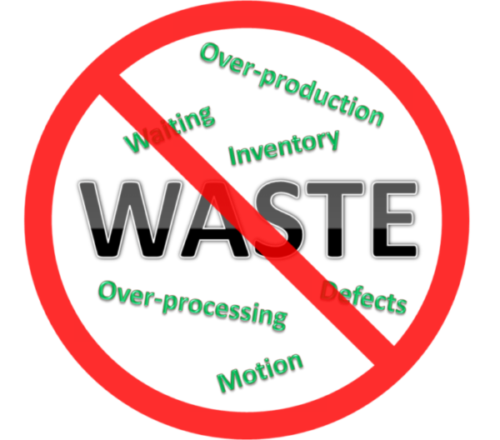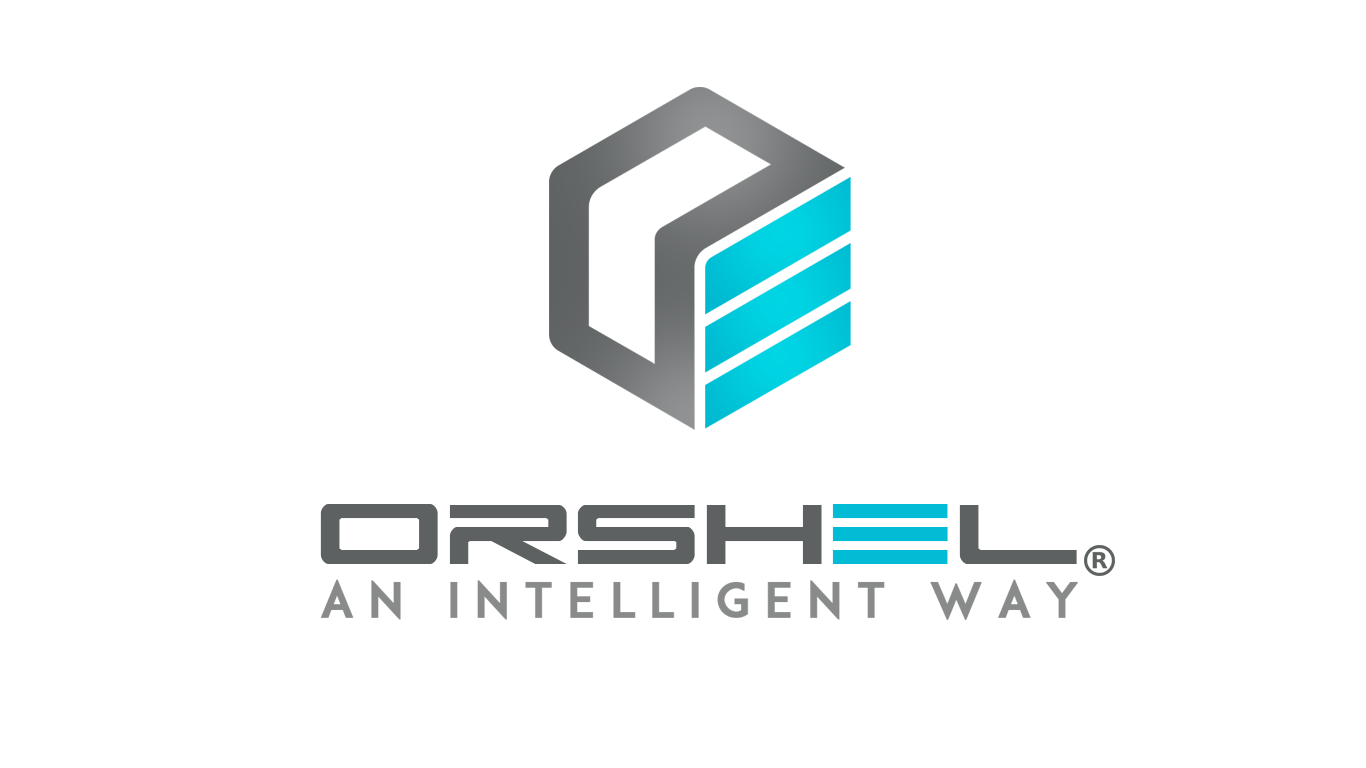Your cart is currently empty!

WHAT IS LEAN & TYPE OF WASTES?
Orshel is a Lean thinking organization and Orshel refers Lean to both economical and time-efficient use of factors of production resources, personnel, materials, planning, and organization in the context of all company activities.
Lean is a customer-centric methodology used to continuously improve any process through the elimination of waste in everything you do; it is based on the ideas of “Continuous Incremental Improvement” and “Respect for People.”
Henry Ford defined the lean concept in one sentence: “We will not put into our establishment anything that is useless.”
Lean manufacturing is a system of techniques and activities for running a manufacturing or service operation. The techniques and activities differ according to the application at hand but they have the same underlying principle: the elimination of all non-value-adding activities and waste from the business. Lean enterprise extends this concept through the entire value stream or supply chain: The leanest factory cannot achieve its full potential if it has to work with non-lean suppliers and subcontractors.
The basic principles of Lean are
- Focus on effectively delivering value to your Customer
- Respect and engage the people
- Improve the Value Stream by eliminating all types of waste
- Maintain Flow
- Pull Through the System
- Strive for Perfection
Types of Wastes
- Overproduction
- Waiting, time in queue
- Transportation
- Non-value-adding processes
- Inventory
- Not-Utilizing Talent
- Motion
- Costs of quality: scrap, rework and inspection
BEHAVIORS OF A LEAN LEADER
Lean leaders effectively exhibit the following behaviors every day.
They know how the business serves the customer by
- Understanding what customers want, need, and value, or what will thrill them
- Knowing how the business satisfies the customer
- Improving the effectiveness of how the business satisfies the customer
They build ability in the people through
- Guiding problem solving — root cause, right problem, right resources
- Leading from gemba; applying 3Gen
- Asking open-ended, probing questions
They show a continuous improvement mindset by
- Continually challenging the status quo
- Knowing that there is always room for improvement
- Understanding that the customer changes — what delights today is a necessity tomorrow
They focus on process and results by
- Obtaining results
- Ensuring that how the results are achieved is the most effective utilization of all resources, in the direction of the ideal state
- Improving how the organization accomplishes results
They demonstrate an understanding of the value stream at a macro and micro level through
- Knowing what the customer requires and how the value stream satisfies them
- Having knowledge of the overall value stream, including tributaries
- Asking questions when changes are made at the local level to ensure that the team understands how the change will impact the customer and the rest of the value stream
They create a culture to sustain improvement by
- Identifying, modeling, and encouraging Lean behaviors
- Finding the lessons in every “failure” — blame does not foster improvement or innovation
- Respecting and improving standards — questions when the organization is deviating from the standard
Orshel understand Lean manufacturing involves never-ending efforts to eliminate or reduce [waste] in design, manufacturing, distribution, and customer service processes. The core idea of Orshel is to maximize customer value while minimizing waste by Appling Lean.

Leave a Reply